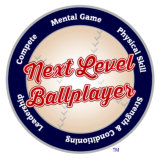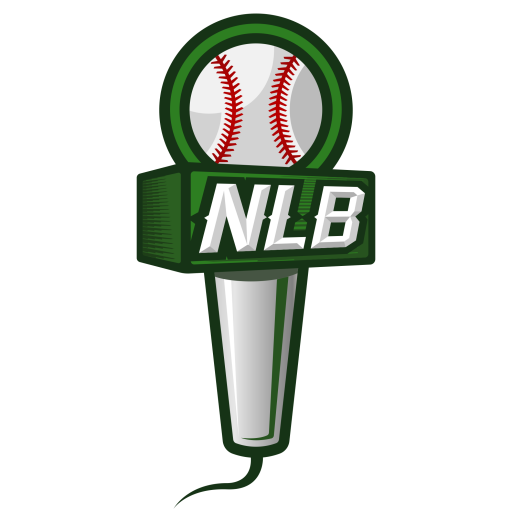
Many thanks to Drew Sutton for cutting lunch short with Kevin Youkilis and Dustin Pedroia to spend some quality time with Next Level Ballplayer. Drew is coming off a season where he saw time with the big league clubs of both the Reds and Indians. In this edition of Clubhouse Convos, Drew talks about hitting a curveball, preparing for spring training, which Red Sox he’s most looking forward to meeting, his advice to ballplayers trying to make it to the next level and more.
Ballplayer: Drew Sutton
High School: Roseburg (Roseburg, OR)
College: Baylor University
Draft: 15th round by the Houston Astros in 2004
MLB Debut: 7/2/2009 with the Reds
What is the best baseball related lesson you learned early on that’s led to your success over the years?
Be fundamentally sound and work hard. Growing up, I was always undersized, but made up for it by doing the fundamentals well and working hard. My dad was a marathon runner and instilled in me a strong work ethic from the beginning. In basketball and football, the bigger kid is normally going to win, but baseball is more of a game of skill.
What’s the best part of being a professional baseball player?
Playing in front of a big crowd in a big situation where it’s so loud it’s like white noise. The loudest I’ve ever heard it was last year when I was with the Reds and we were playing the Astros on a Friday night. There were about 35-40k people there when I hit a grand slam. I was just FLOATING around the bases!
What’s one thing that most people don’t know about Drew Sutton?
I have insecurities just as much as a high school or college player does which people wouldn’t believe cause I’ve made it to the big leagues. All guys have insecurities, we just hide it well. There are days when I go into the cage before the game and feel horrible and think to myself “Oh man, it’s gonna be a long day.” You just have to go into the game with whatever swing you have and make the most of it.
The trick is to not have your confidence be based on how you’re playing, but based on knowing how you can play.
What’s the best advice you’ve heard on hitting a curveball?
Dusty Baker was my manager with the Reds and he said that when he was coming up to the big leagues he couldn’t figure out how to hit a curveball. One day he was watching ESPN and Rod Carew was talking about hitting a curveball. Carew said that when you hit a curveball, you have to hit it with an imagination. You can’t hit a curveball where you see it, you have to hit it where it’s going. After Dusty heard that, he started hitting breaking balls a lot better.
What did you do in the off season to prepare for spring training?
I start lifting November 15th. I lift weights and do some running until January 1st. Once the new year comes, I’ll slowly start playing catch and hitting off of a tee. I’ll do a weekly progression from tee work to front toss and then to regular BP.
Once you were in full off-season workout mode, what did a normal day look like?
This was our normal day from January 1st until I leave for spring training:
- Wake up and lift from 10-11:30am
- Run 11:30-12:30pm
- Lunch
- Throw and take ground balls 2:30-3:30pm
- Hit 3:30-5:00pm
What is your mindset going into spring training this year?
I think I’ll probably start the season in AAA. Theo Epstein told me that unless somebody gets hurt I will probably break camp with the AAA club.
Do you have any specific goals for spring training?
Right now it’s just day to day goals with where I want my swing to get to. Also, last year I played 6 different positions (1B, 2B, 3B, LF, RF). It’s a lot of work making sure I can play all of those positions at any time. Everyone always makes fun of me because of all the gloves I carry around. And on top of all that, I have to work on swinging from both the left and right side cause I switch hit. Spring training is all about getting my body ready to do everything I’m going to need to do once the season starts.
Who are you most looking forward to meeting on the Red Sox?
The first guys that come to mind are Pedroia, Youkilis and JD Drew.
What advice would you give to ballplayers out there who want to take their game to the next level?
Don’t be afraid to ask questions to older teammates or coaches or anyone who has good baseball experience. It’s easy to be nervous when you get around guys that have been very successful, but a lot of time they are happy to give insight which can be very helpful.


